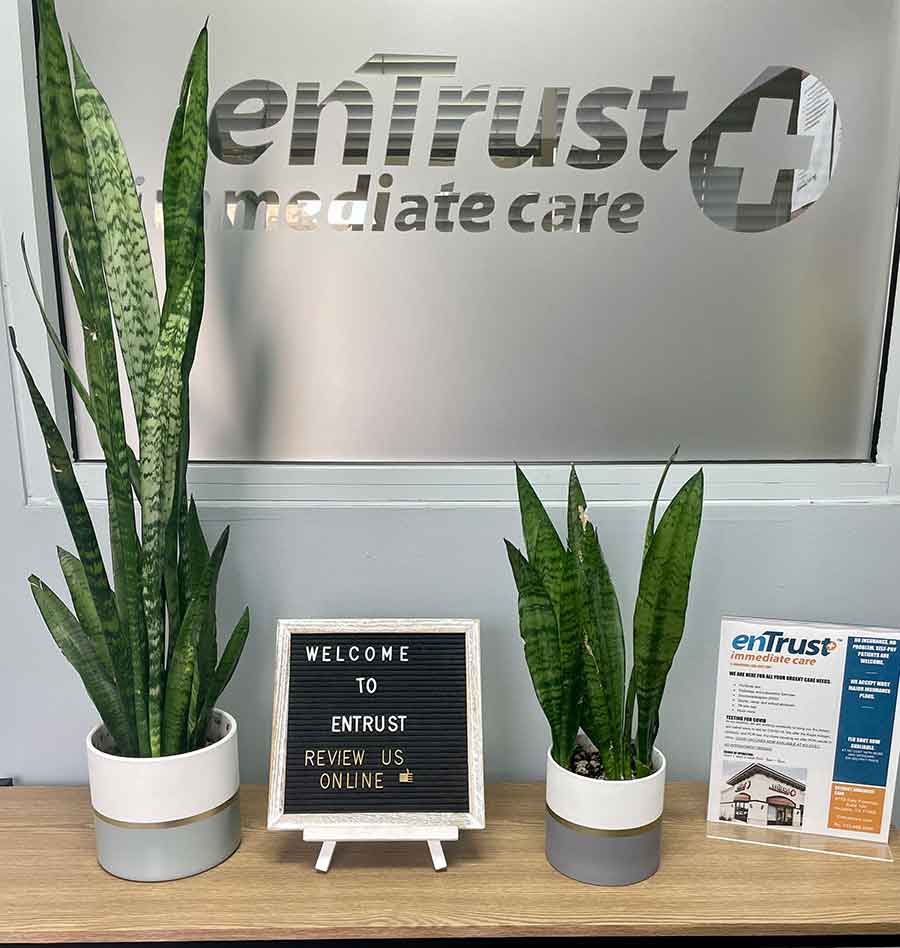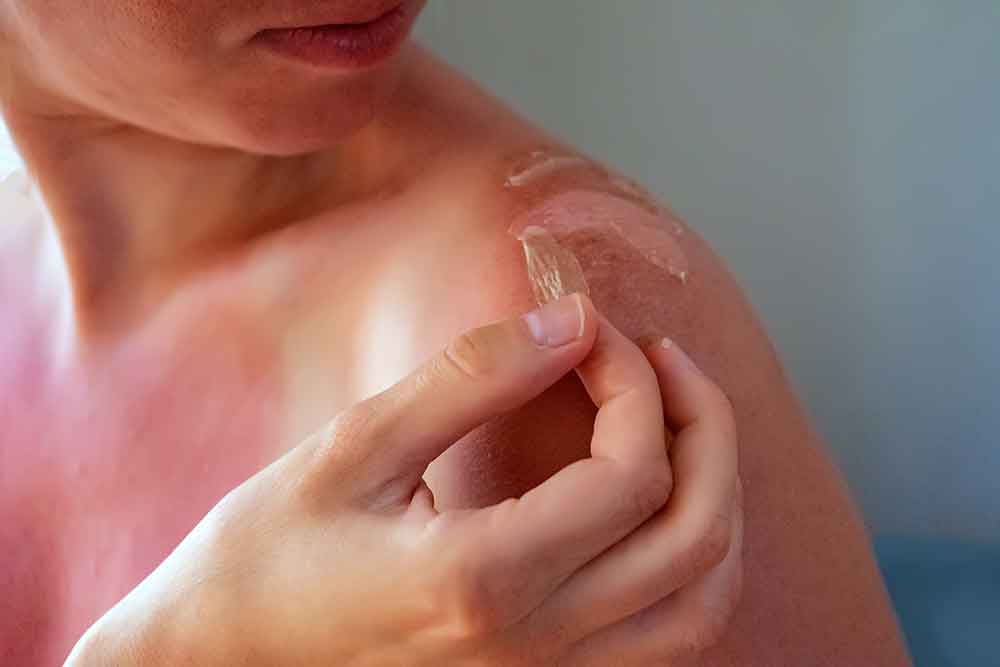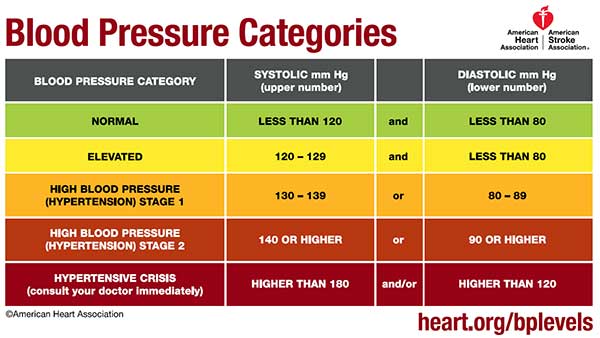
By Dr. Shelise Edwards, MD, FACEP.
What is a UTI?
A urinary tract infection (UTI) is an infection in any part of your urinary system — your kidneys, ureters, bladder, and urethra. Most infections involve the lower urinary tract, which includes the bladder and the urethra.
Causes of UTIs
UTIs typically occur when bacteria enter the urinary tract through the urethra and begin to multiply in the bladder. The most common cause of UTIs is Escherichia coli (E. coli), a bacteria commonly found in the bowel.
Here are some factors that can increase your risk of developing a UTI:
- Anatomy: Women have a shorter urethra, making it easier for bacteria to reach the bladder. Women get UTIs up to 30 times more frequently than men.
- Sexual contact: Can introduce bacteria into the urinary tract.
- Menopause: Decreased estrogen levels can make the urinary tract more susceptible to infection.
- Urinary tract abnormalities: Blockages or any abnormality in the urinary tract can make it easier for bacteria to settle.
- Weakened immune system: Makes it harder for the body to fight off infection.
- Holding urine: Not emptying your bladder regularly allows bacteria a greater chance to multiply in the bladder.
- Cleaning technique: Wiping from back to front after using the toilet can transfer bacteria to your urethra.
Symptoms of a UTI
Common symptoms of a urinary tract infection (UTI) include the following.
- More frequent urination (possibly small amounts)
- A strong, persistent urge to urinate
- A burning sensation when urinating
- Urine that appears cloudy
- Urine that appears red, bright pink, or cola-colored — a sign of blood in the urine
- Strong-smelling urine
- Lower abdominal pain
Treatment for UTIs
UTIs are typically treated with antibiotics. Your physician will determine the type of antibiotic and the duration of the treatment but the specific type of antibiotic and duration of treatment will depend on the severity of your infection and your medical history.
- Antibiotics: Your doctor will likely prescribe an antibiotic to kill the bacteria causing the infection. It’s crucial to complete the entire course of antibiotics, even if your symptoms improve, to prevent the infection from returning.
- Home remedies: While not a substitute for medical evaluation and treatment by a board-certified emergency physician or your primary care physician (PCP), some home remedies may help relieve, although not treat your UTI symptoms.
- Over the Counter Pain reliever: such as phenazopyridine decreases bladder pain.
- Pain relief: Over-the-counter pain relievers like ibuprofen or acetaminophen can help relieve discomfort from UTIs.
- Increased fluid intake: Drinking plenty of water may help prevent further growth of bacteria in the urinary tract.
- Heating pad: Applying a heating pad to your lower abdomen can help soothe pain.
If you suspect you have a UTI, it’s important to see a doctor for diagnosis and treatment. Early treatment can help prevent complications like kidney infections.
When to Visit Urgent Care Center for UTIs
Here’s when you should consider going to an urgent care center for a UTI:
- Symptoms: If you have a burning with urination, increased urination or the uncontrollable urge to urinate.
- Blood in your urine: This can be a sign of a more serious issue.
- No improvement with home care: If you’ve tried home remedies like increasing fluid intake, but your symptoms aren’t improving or are worsening after 24-48 hours.
- Difficulty urinating: If you’re unable to urinate or have significant pain while urinating.
Important:
- Don’t delay treatment: Untreated UTIs can lead to kidney infections, which are more serious.
- Stay hydrated: Drink plenty of water to help flush out bacteria.
We hope this helps you make the best decision for your health!
——————————————————————————————
 Dr. Shelise Edwards, MD, FACEP, is a board-certified emergency medicine physician. She currently serves as Medical Director of enTrust Immediate Care in Houston, TX. Originally from Tallahassee, FL, she completed her medical school training at Morehouse School of Medicine in Atlanta, and her emergency medicine residency training at The University of Chicago in 2005. She worked as an attending physician in Atlanta as well as Chicago, before relocating to Houston in 2011. Dr. Henry enjoys spending time with her husband and 2 kids relaxing at home, watching movies and traveling.
Dr. Shelise Edwards, MD, FACEP, is a board-certified emergency medicine physician. She currently serves as Medical Director of enTrust Immediate Care in Houston, TX. Originally from Tallahassee, FL, she completed her medical school training at Morehouse School of Medicine in Atlanta, and her emergency medicine residency training at The University of Chicago in 2005. She worked as an attending physician in Atlanta as well as Chicago, before relocating to Houston in 2011. Dr. Henry enjoys spending time with her husband and 2 kids relaxing at home, watching movies and traveling.








